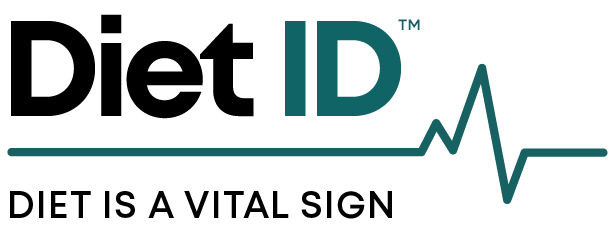If there’s one emotion just about everyone can relate to right now, it’s stress. Given the usual state of the world at this time, it’s almost impossible not to feel it: stress over health, loved ones, jobs, and the future. Read some useful tips about managing stress and anxiety during this pandemic here and here.
Stress affects every aspect of our well-being: our body, mind, emotions, and behavior. But stress isn’t all bad; a little can be useful because it keeps us challenged and motivated to overcome it and move forward.
There are two main types of stress—acute, and chronic. Acute stress is also called the “fight or flight” response, where we are faced with a threat and the body adapts by giving us a burst of energy to escape or fight off the threat. Think about the mom who fights off an attacker to protect her child, or outrunning a wild animal, or saving someone from a burning building – these are acts we wouldn’t be able to accomplish without that massive stress response. This is a healthy adaptation and survival mechanism, and involves sudden physical changes including release of stress hormones like cortisol and epinephrine, increased heart rate, inability to properly digest food, faster breathing, and insulin and sugar spikes. After the stressor is removed, the body returns to a normal state.
Chronic stress is lower grade yet nearly constant episodes of acute stress, a state which the body is poorly adapted to. Those changes that happen to the body during acute stress happen here too, but in smaller doses, almost constantly, but never really resolving completely. Over time, this wreaks major havoc on the body. Long-term effects include blood sugar imbalance, cravings, weight gain, immune system problems, gastrointestinal issues, and more.
Regardless of its source, there will always be stress. The good news is that you don’t have to allow it to damage your health – you can learn effective stress management techniques and support your health and immune system with good habits. Stress itself really isn’t doing damage; the issues lie in the way we react to it. Good stress management can mean the difference between healthy stress, and debilitating DIStress.
Prevention is key
Preventing stressful situations (or, planning for them) is your first line of defense against stress. That means being mindful of the things that trigger your stress and work to remove them. For example, if reading coronavirus stories stresses you out, read that book you’ve been meaning to dive into, and take a break from social media.
It’s often helpful to adapt your environment so that you are better equipped to handle stress when it strikes. For example, when the kids get hungry in the middle of your mid-day conference call, be ready with lunches prepared the night before.
Retrain your brain and become better at managing stress
Remember that your thoughts influence your health and well-being. Keep a journal, talk about your issues with a trusted friend or family member, and make positive thinking a priority in your life.
Surround yourself (digitally, if you can’t physically) with happy, positive people who encourage you, not provoke you. We are rarely stressed without the input of others. Sometimes we need to change how we interact with people, heal relationships, or completely cut off unhealthy, toxic relationships.
Address issues as they arise, rather than procrastinate, which tends to intensify stress. Escaping stress is ok sometimes, but turning to things like alcohol, drugs, gambling, excessive video gaming, and compulsive use of social media can be damaging coping mechanisms.
Set up your time and priorities in advance as much as possible. The more control you have over time, the less you’ll get tripped up over both expected and unexpected stressors.
Prioritize your nutrition: eat regular, healthy meals, avoid stress eating or overeating. Plan your meals in advance to resist temptation and prevent becoming famished (which often leads to poor food choices). Diet ID is a great resource to help create lasting, effective nutrition habits.
Prioritize exercise: exercise at least 3 days a week for at least 30 minutes, and get outside for a walk every day if possible.
Prioritize sleep.
Try natural healing methods like meditation, breathing techniques, therapy, and self-help resources.
Try de-stressing supplements like l-theanine, ashwaghanda, valerian root, and St. John’s wort.
Stress is, no doubt, really hard to avoid during these unprecedented times. Recognizing causes and triggers, and finding ways that work for you to alleviate them, are important to both your mental and physical health.



